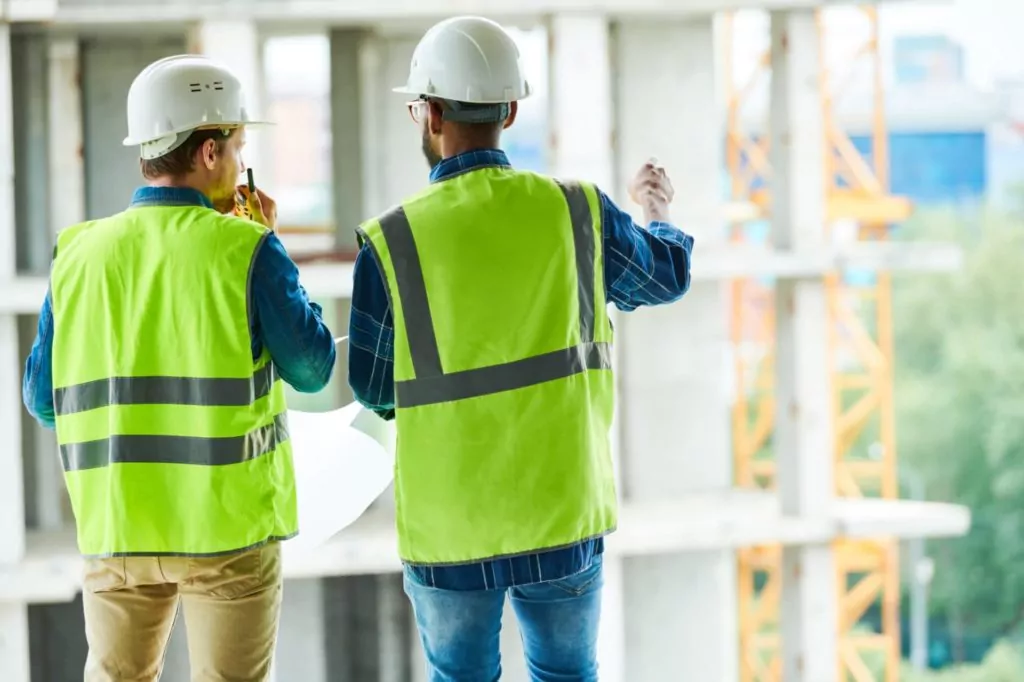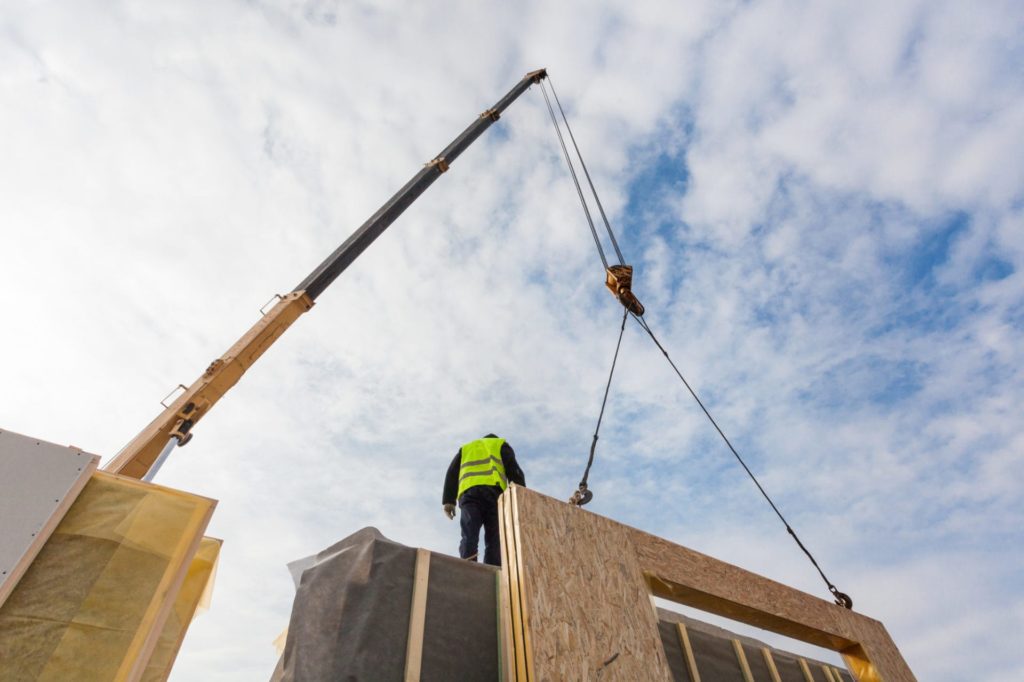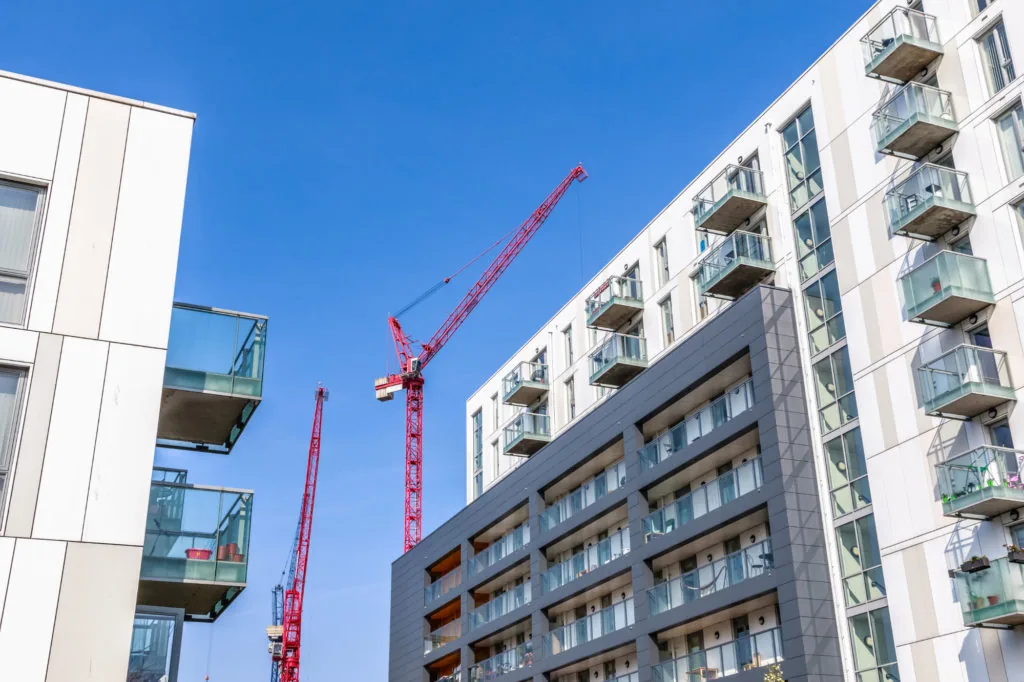
Partnerships and collaboration: the not-so-secret ingredient to success? Takeaways from the Housing Forum’s Development Partnership Forum


On 7 March, Foot Anstey hosted The Housing Forum's Development Partnership Forum in its Bristol office. The event brought together organisations and experts to discuss local and national housing issues. In this article, we summarise the key points from these discussions.
Bristol: the city of history, culture… and a significant housing problem
Housebuilders face a range of challenges working within the physical, geographical, and political constraints of Bristol. A city rich in heritage and culture with a tight urban grain, the challenges of housing delivery are deep-rooted and look set to stay. Facing the prospect of the profound consequences of undersupply, many housebuilders are turning to innovation and collaboration to meet housing demand together.
Regenerating brownfield sites can help deliver new homes
There have been sustained regeneration efforts in Bristol to develop brownfield (formerly developed) sites. While brownfield sites often pose additional challenges for developers, delegates at the Forum heard how Homes England, the government's housing and regeneration agency, has helped get one development off the ground in Bristol.
By working with the developer, Homes England helped provide finance for over 100 new homes, including affordable homes and the associated regeneration of surrounding areas.
Despite this success story and sustained regeneration efforts, the city faces a diminishing land supply. Without continued additional support from government and local councils to finance brownfield development and potentially utilise grey and green belt creatively, developers could struggle to meet housing demand while generating sustainable returns in the coming years.
Could partnerships unlock more affordable housing?
For many residents Bristol is prohibitively expensive, with an average transaction value of nearly £400,000. It is no surprise then that all speakers called for greater provision of affordable housing.
Bristol is not just expensive for residents either, the city was named the 13th most expensive to build in globally by an Arcadis report. Coupled with the obligations on housebuilders to meet local policies, housebuilders can find construction costs spiralling. Despite these challenges, housebuilders are working collaboratively to overcome the hurdles.
Delegates heard from Countryside Partnerships' Ronny Popat and Gorum Homes' Stephen Baker about their experience at One Lockleaze. By forming a joint venture partnership, they've been able to collaboratively work towards their objectives while sharing risk along the way.
While partnerships require considerable time and effort to build and maintain, the parties benefit from being able to have open and difficult conversations to create the best solutions. Foot Anstey Legal Director Karl Bradford also stressed the importance of careful planning and consideration of the structure and terms of the partnership, to ensure it meets both parties' needs and goals.
Collaborating with the local community can create social value
Housebuilders in Bristol are also engaging with the local community to add social value. We heard about the on-site skills academy at One Lockleaze which has trained more than 260 people and supports young people into construction-related careers.
Dandara Living shared how it provided financial support and volunteering to a local charity, Pass the Parcel. Meanwhile, Abri Group has been taking steps to engage the community with on-site measures designed to tackle the climate crisis, including producing video resources explaining how a heat pump works.
By adding real social value to Bristol, housebuilders and other stakeholders are helping to up-skill local people and engage communities, which helps facilitate constructive dialogue and create a sense of ownership over the development.
Political uncertainty is a major concern for housebuilders
While national housing conditions appear to be improving, with more sales being agreed, more mortgages being approved and fewer fall throughs, it's clear there is still a national shortage of housing. With the long-lasting effects of the Ukraine war, 2020 mini-budget and Covid-19 to factor in, housebuilders face serious challenges up and down the country.
In anticipation of this year's general election, Foot Anstey Partner Christian Silk spoke about Labour's plans to tackle the housing crisis by building new towns, facilitating devolution, creating planning passports for brownfield development and helping first time buyers to get on the property ladder.
However, the current lack of detail on these plans raises as many questions as they attempt to answer. When panel members were asked what their one wish would be for an incoming government, nearly all cited certainty. Whether that was monetary, policy or economic stability, housebuilders just want clear messaging.
A problematic planning system is disrupting housing delivery
With uncertainty comes a risk-averse planning culture. Councillor Tom Renhard expressed his frustration at excessively long debates over proposals that already align with Local Plans. Local Authorities and planning departments across the country need to feel confident in knowing how they should balance risk and housing demand. However, stakeholders also recognised the importance of thoughtful, sustainable development in terms of the surrounding infrastructure and services for new communities but also the sustainability of housing itself in the face of the climate crisis.
For Abri Group the climate is a part of its core strategy, with work being done to transition to net zero, anticipate risk and ensure homes are fit for the future and adaptable. Abri called for stakeholders to work together to address sustainability challenges rather than attempting to go it alone, recognising the strength of collaboration and the impact that the climate crisis will have on all of us.
At the heart of the problem for national housing delivery was, however, the problematic planning system. Attendees unanimously agreed that planning delays and years of underfunding had resulted in a slow and burdensome process. While fees for planning applications are expected to increase, although with no ringfencing of that income for planning departments, it is difficult to see how planning departments will be able to guarantee proper resourcing at a time when Local Authorities are already stretched.
Our thoughts
Despite the momentous challenges facing house builders in Bristol and across the country, the underlying theme of the day was that partnership and collaboration will be key to unlocking success in such challenging conditions. By sharing risk, resources and knowledge, the developer sector can face these issues together to not only meet commercial targets but also add social and environmental value to local communities.










